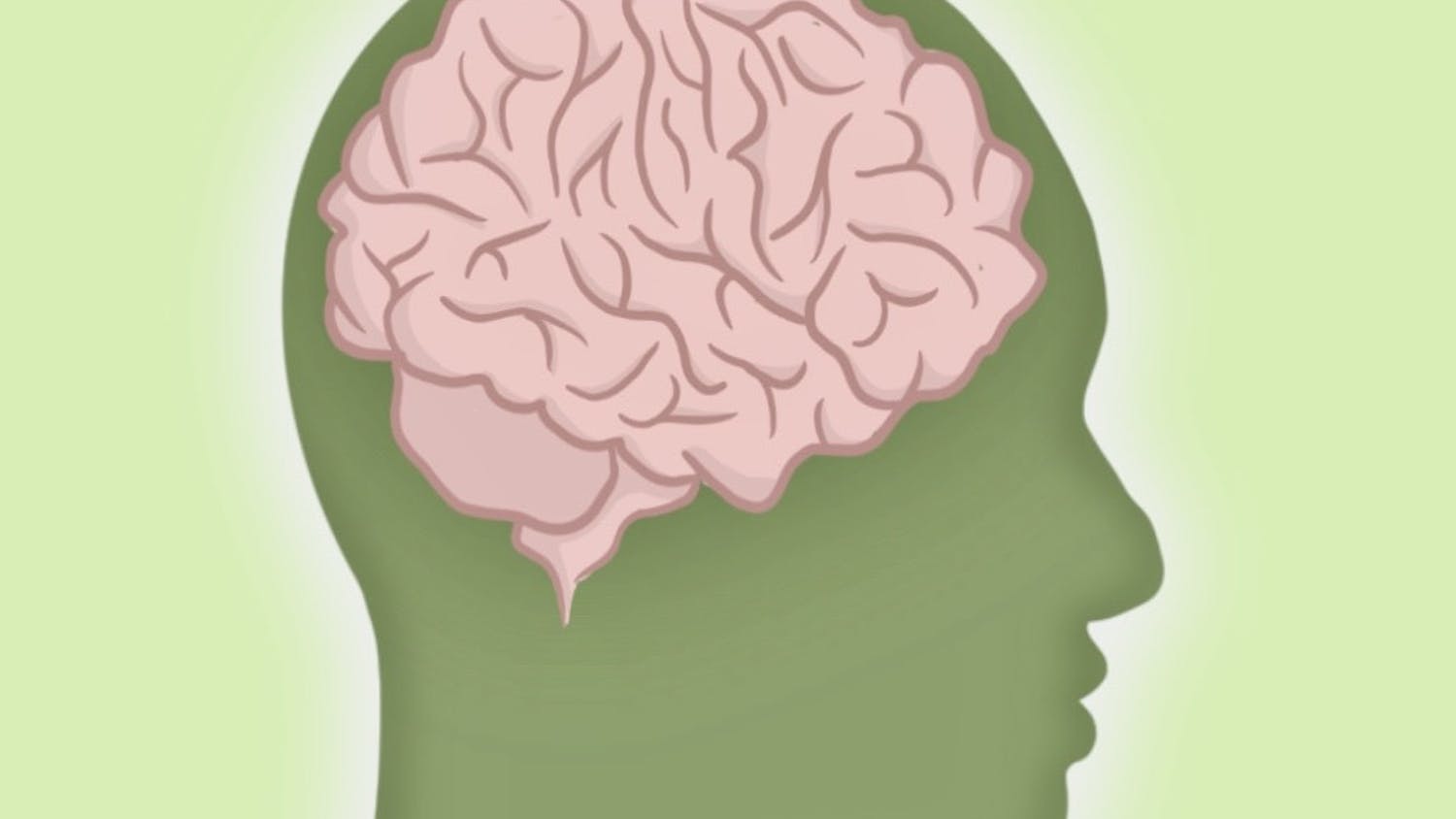The idea of retail therapy has never appealed to me, but there are times when I’ve found myself buying something in the name of self-care or because I thought I deserved it. Retail therapy does have some standing in terms of being a psychological coping mechanism; however, it’s hard to say how beneficial it actually is to our mental health and to our wallets. Some people use it to help with their anxious or depressive episodes or anything else they may be experiencing. Kit Yarrow, a consumer research psychologist, wrote an article for Psychology Today in which she says she does not consider retail therapy a form of therapy, but she does mention some of its positive effects, which can be seen as psychological rewards. It isn’t something that is going to cure you of your problems, but it can bring gratification for a short time.
It begs the question: Can buying things actually help with our anxiety, or does it only make it worse? One of the first things Yarrow addresses is the idea of retail therapy “easing transitions.” It happens when we are at major turning points in our lives, say, moving to college or going through a breakup. When we are shopping, we are practicing visualizing. We are seeing what our lives would be like with that item. When going to college, we dorm shopped, and it allowed us to visualize a positive future, which relieved some of our stress. Or if we are experiencing a breakup, we often go through a purge of anything reminding us of that person, like your favorite band T-shirt from a concert you went to together. So, you go shopping for new clothes in hopes of mentally preparing yourself for a new life.
Another interesting phenomenon Yarrow mentions is “a boost in creativity and aesthetic appreciation” from buying. If you feel like there has been a lag in your creative flow, buying some new stationery to give your workspace some personality is a way to keep your creative mind active. The point is that retail therapy can take on many different forms. It allows you to feel that rush of dopamine and that feeling of possibility, which can be addictive if you have been feeling down.
However, when has retail therapy gone too far? I have seen people enjoy aromatherapy and get nice little vaporizers and essential oils for modestly cheap prices. But once a trend starts, it quickly can get out of hand. It starts out as buying something to make yourself feel better, but it turns into an addiction — and an expensive one. The trend of commercializing our means of relaxation is something I feel goes against the actual spirit of self-care and trying to make yourself feel better. People should not put a price on enjoying themselves, whatever that means.
I have fallen for the retail trap myself. I had never gotten a good pair of sneakers for myself before, but I found myself at the Nike store one day in the mall and could not keep my eyes off a particular pair of Nike Air Force 1 mid-suedes from 2017. I found myself visualizing what my life would be like with those shoes. I quickly looked at the price tag, balked and researched until I found a bargain price. I revere and take care of those shoes almost religiously because I not only enjoy wearing them but wish for them to last.
Still, how we spend our money and our free time in the name of self-care can be self-destructive if we do not have a firm grasp on our means. Treating ourselves every once in a while, within our means, can create a positive effect on our mental well-being, but it is certainly not a long-term solution to any mental illnesses. However, it is more about being able to visualize ourselves in different situations that allow us to relax during a short time period. It is important to take time to indulge ourselves, but it’s all about moderation and what’s going to make you happy.
Daniel Gamboa is a UF journalism sophomore. His column normally appears on Fridays.
Photo by freestocks.org on Unsplash






